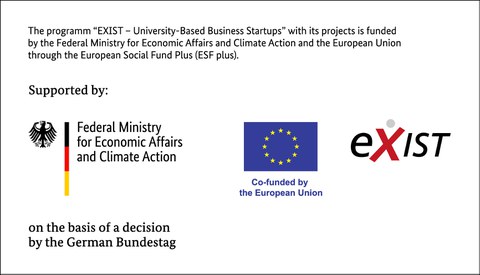Leaftronics: Natural lignocellulose scaffolds for sustainable electronics
Duration: 01.03.2025 - 28.02.2027
Funding amount: 1.146.357,09€
Funding by: BMWK
Funding reference number: 03EFSN0251
Brief description:
The lifespan of electronic devices is decreasing due to accelerated innovation cycles, while the production of electronic components continues to rise simultaneously. This trend has led to a significant increase in electronic waste (e-waste) that cannot be sustainably managed through conventional recycling methods. A central challenge lies in printed circuit boards (PCBs), which typically consist of FR4 – a glass-reinforced epoxy laminate material with severely limited recyclability.
In this context, the Leaftronics project aims to develop a bio-based, recyclable, and ideally compostable PCB substrate designed to enable circular economy principles within the electronics industry. The novel substrate seeks to reduce the carbon footprint compared to conventional materials while maintaining equivalent technical performance characteristics. Key specifications include short-term thermal stability up to 250°C and compatibility with multilayer PCB manufacturing for complex circuitry. Furthermore, the material must maintain compatibility with standard industrial processes including etching, reflow soldering, and plated through-hole technology to ensure seamless integration into existing supply chains.
Primary target customers comprise PCB manufacturers and electronics companies that would benefit through "Green Label" certification opportunities, cost reduction potentials, and compliance with circular economy legislation. Funded through Germany's EXIST research grant program, the project ultimately targets international market expansion while addressing critical sustainability challenges in electronics manufacturing.
Contact:
 © Kai Schmidt /IAP
© Kai Schmidt /IAP
Prof. Dr. Karl Leo
Chair of Optoelectronics
Send encrypted email via the SecureMail portal (for TUD external users only).

